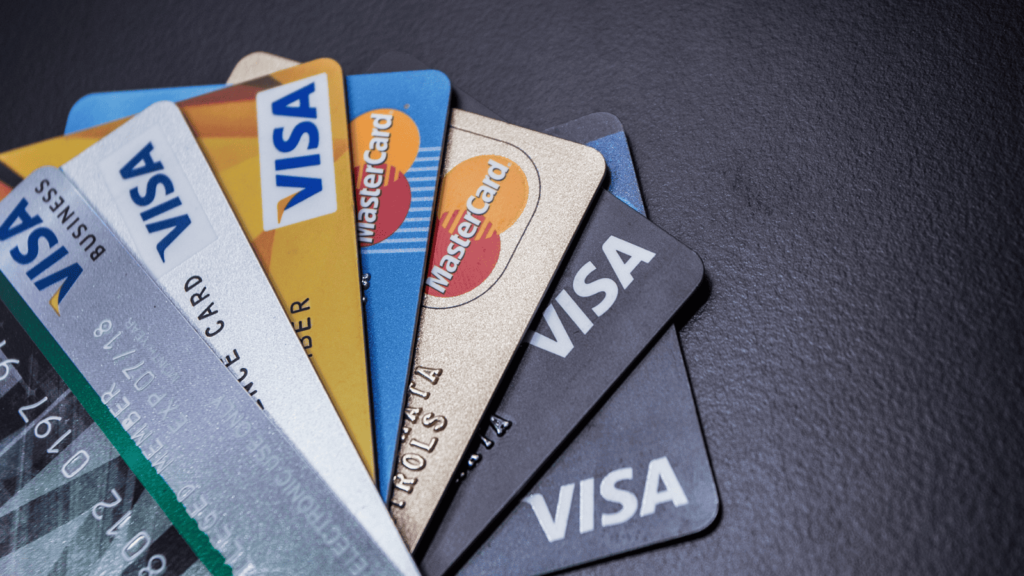Using a credit card for certain purchases can sometimes lead to unexpected costs, including hidden fees and the risk of accumulating significant debt. In many cases, paying with cash is the smarter option, and here we highlight some expenses that you should think twice about before charging them to your credit card.
Cryptocurrency Purchases
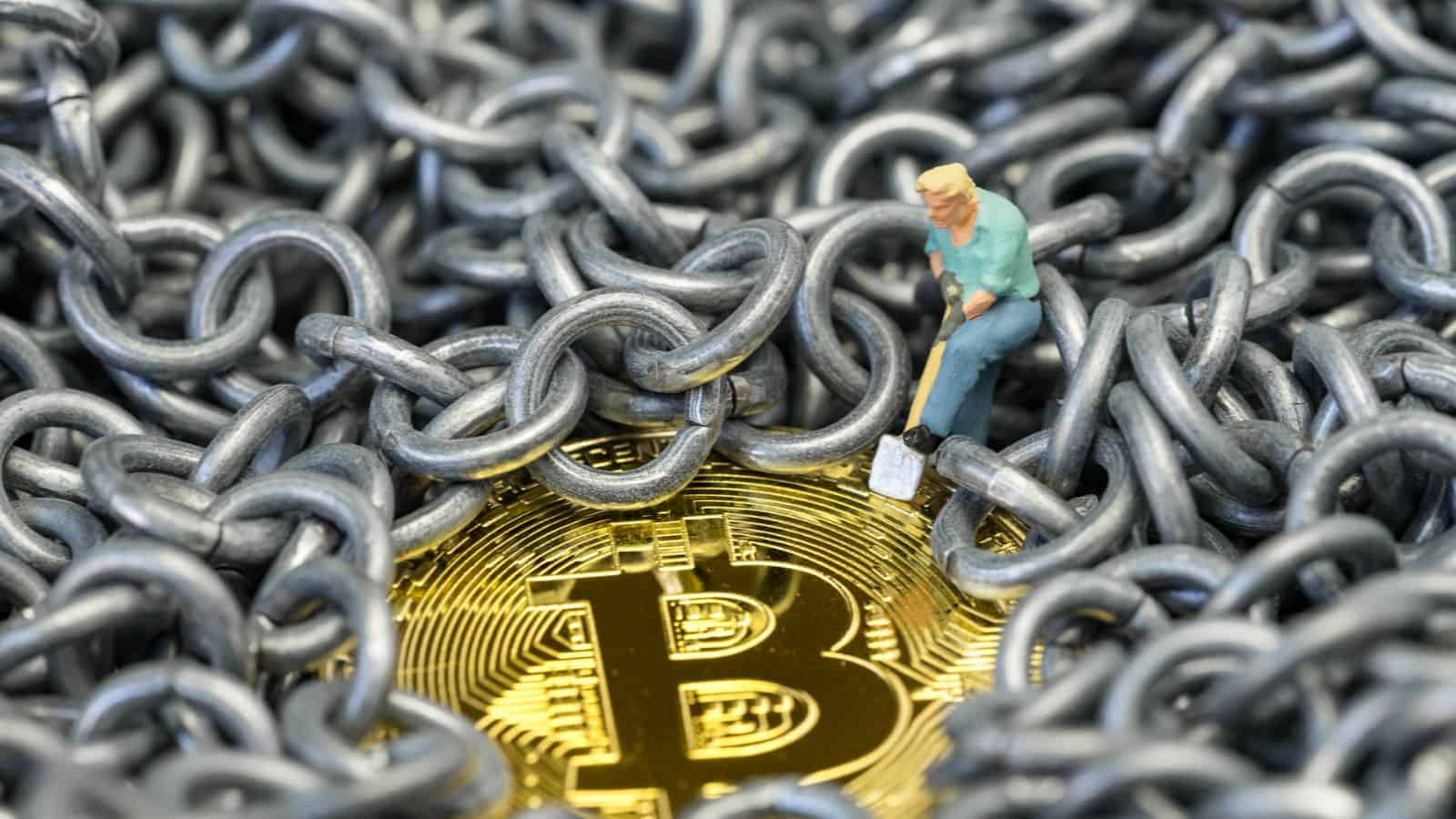
Cryptocurrency is a very high investment, and it can lead to significant debt if you make purchases with it on your credit card. Transaction fees and high interest rates can exacerbate losses. You may want to think about investing through more traditional methods, as they’ll offer better protection.
College Tuition

Bankrate writes, “Paying college tuition with a credit card almost never makes sense. One reason is compounding interest. If you charge your tuition to a credit card and then don’t pay it off in full, the remaining balance will be subject to an APR.” This APR can be much higher than the interest that a loan may charge.
Money Orders, Transfers, and Casino Chips
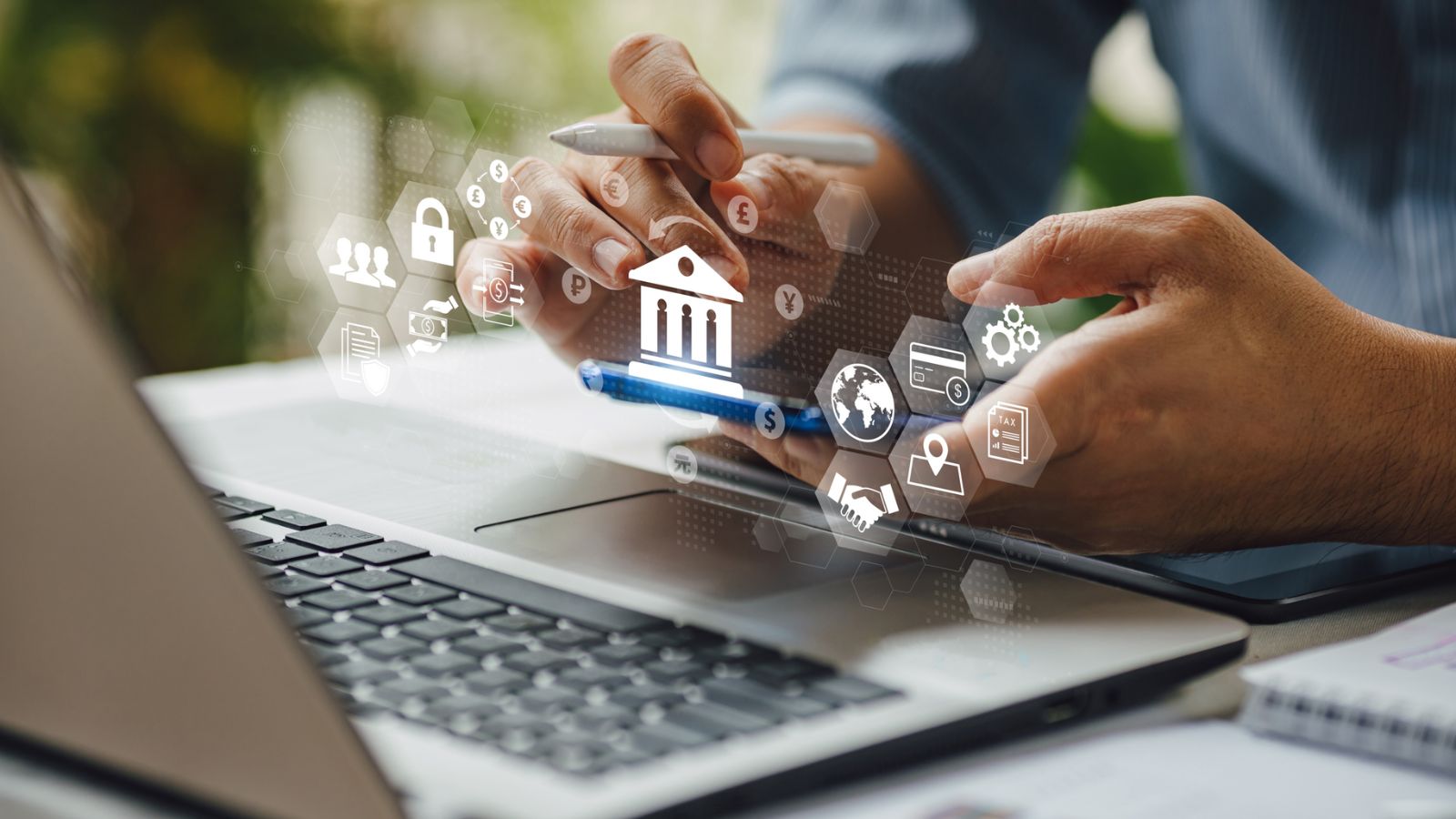
These transactions are often treated as cash advances, which means that from day one, they can incur high interest and fees. Without a grace period, interest will also start instantly. You may want to consider alternatives for safer payments or wire money straight from your current bank account.
Taxes

Paying your taxes by credit card may seem like a good idea, but the reality is that you may face hidden fees. This is supported by CNBC, which writes that the tax company “adds processing fees to credit card payments that may negate any benefits. And if you don’t pay your bill on time, you could be looking at some serious interest charges.”
Medical Bills

Carrying a balance for medical expenses can lead to significant debt if they aren’t paid in time. Instead of paying by credit card, you may want to think about payment negotiations, installment plans, or assistance programs first. Otherwise, a personal loan may offer a more structured method of payment.
Rent or Mortgage Payments

Third-party services can charge fees for credit card payments, and this may add unnecessary costs to something that’s already very expensive. Direct payment methods are a better option, as you won’t face transaction fees. There may also be other payment options available that will help you maintain your financial stability.
Luxurious Personal Expenses

High-cost items can lead to long-term debt if you can’t afford to buy them right away. It’ll increase the amount of interest you have to pay and impact your credit rating. If you want to splurge on a luxury item, then you’re better off saving for it first.
Business Trip Extras

Putting business trip extras on your credit card can make things complicated when your trip is over, especially when it comes to reimbursement. You may even violate the company policy on allowable expenses. Use your own funds for any personal activities to help keep track of your financial records.
Payroll for Small Businesses
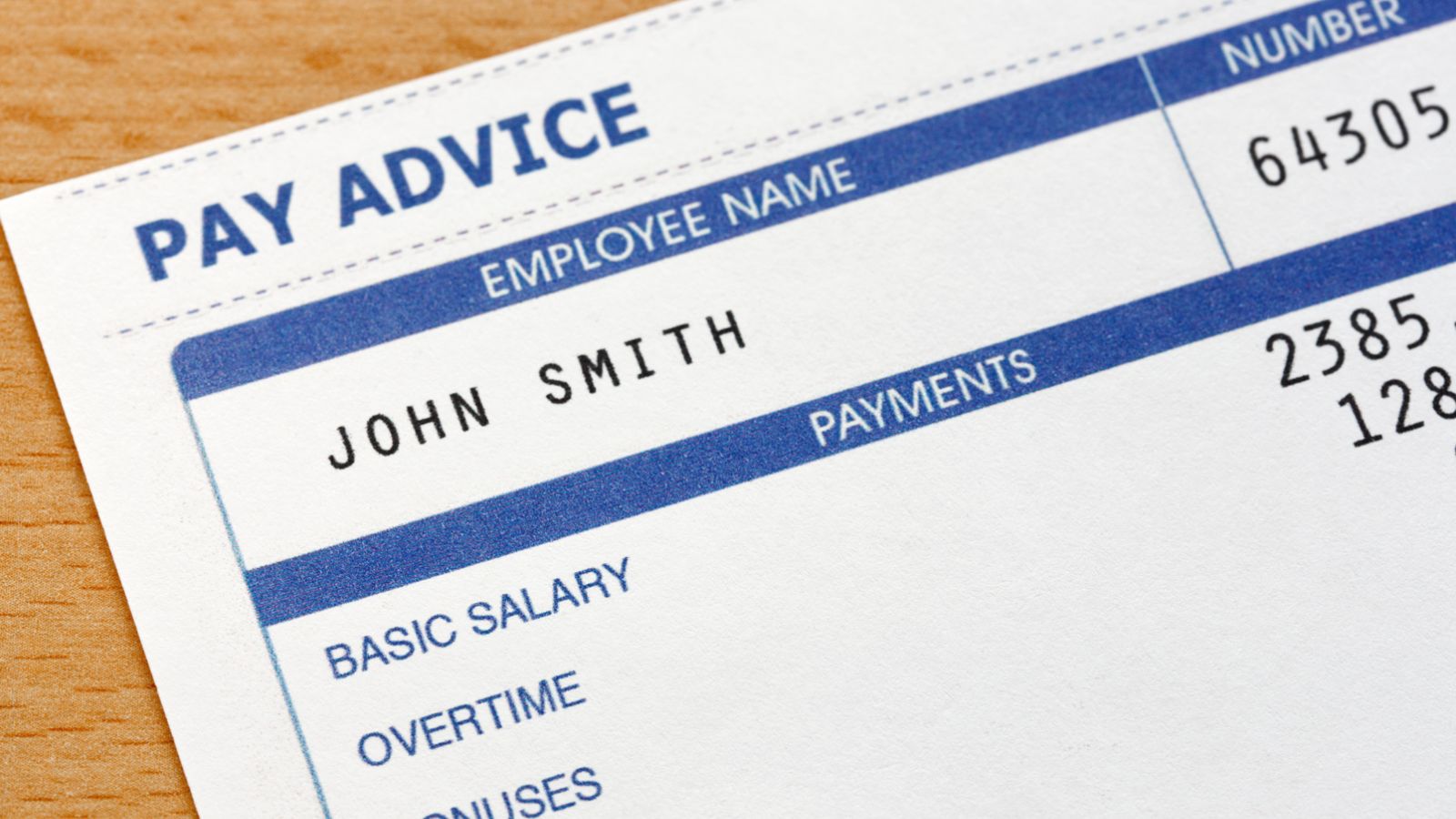
If you own a small business, then you should never put payroll on your credit card. This is backed by CreditCards.com, which writes, “Putting payroll on your card is not a move you want to make, mostly because the interest charges will make paying your employees cost significantly more.”
Legal Settlements

Putting legal settlements on your credit card can signal financial stress to creditors and affect your credit rating. It will also add a large amount of interest to something that’s already a hefty bill. You might want to explore small business loans or look at credit options with lower interest rates.
Insurance Premiums

Some insurers may charge additional fees for credit card payments. Paying for insurance premiums on a credit card can lead to unnecessary interest charges, especially if the premium isn’t paid in full. Look into direct debits or other payment methods to avoid any extra fees.
Cash Advances
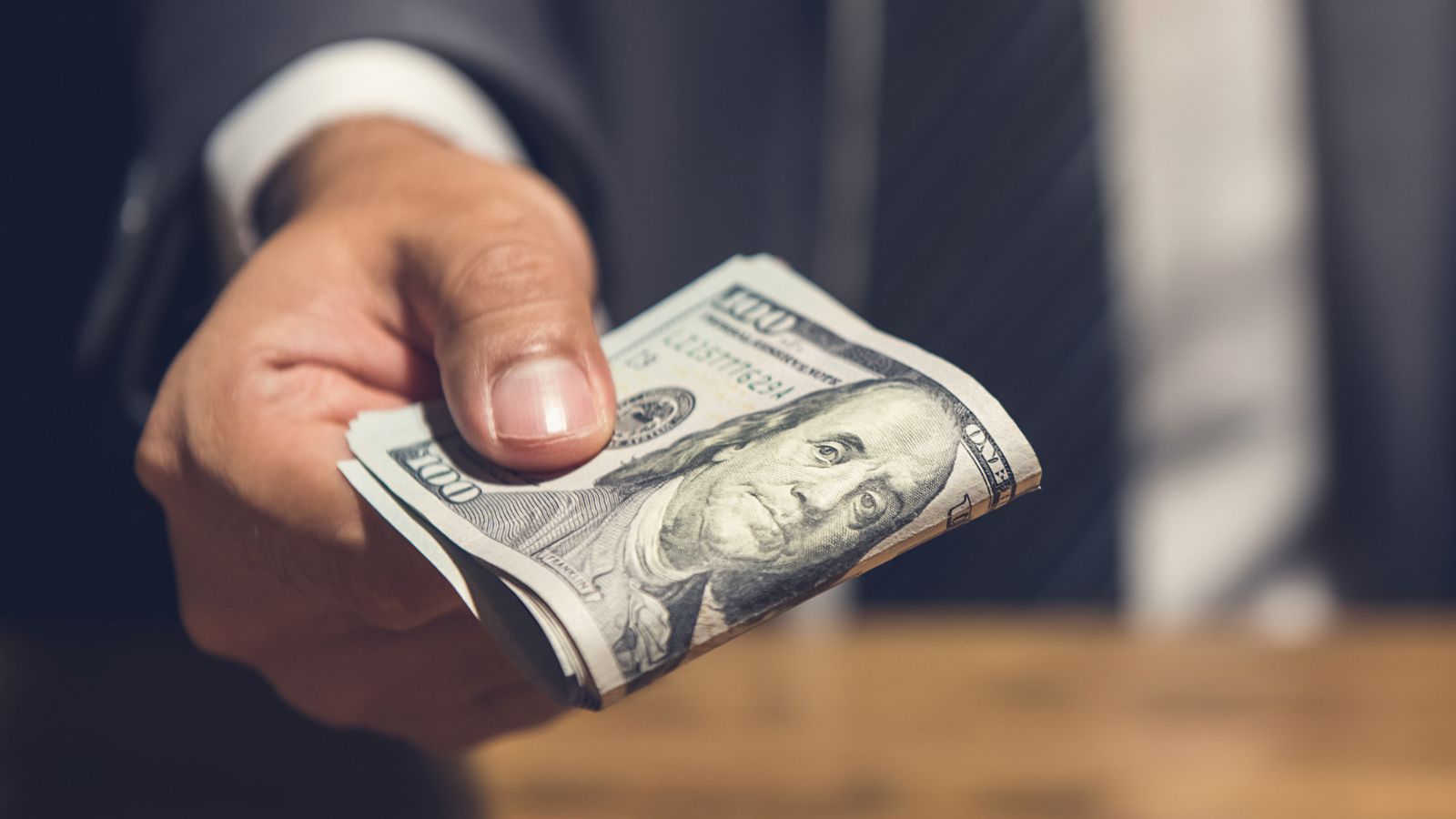
On a credit card, a cash advance means withdrawing cash from your credit card. It can result in interest being added instantly or you could face higher APR rates compared to purchases made on the card. If you need emergency cash, then you may want to think about personal loans or using savings.
Pricey Electronics

High interest rates and long-term debt can occur if pricey purchases such as electronics aren’t paid off quickly. Instead of turning to your credit card to pay for household electronics or appliances, you may want to think about using your personal savings or a store financing plan.
Subscription Services You Rarely Use
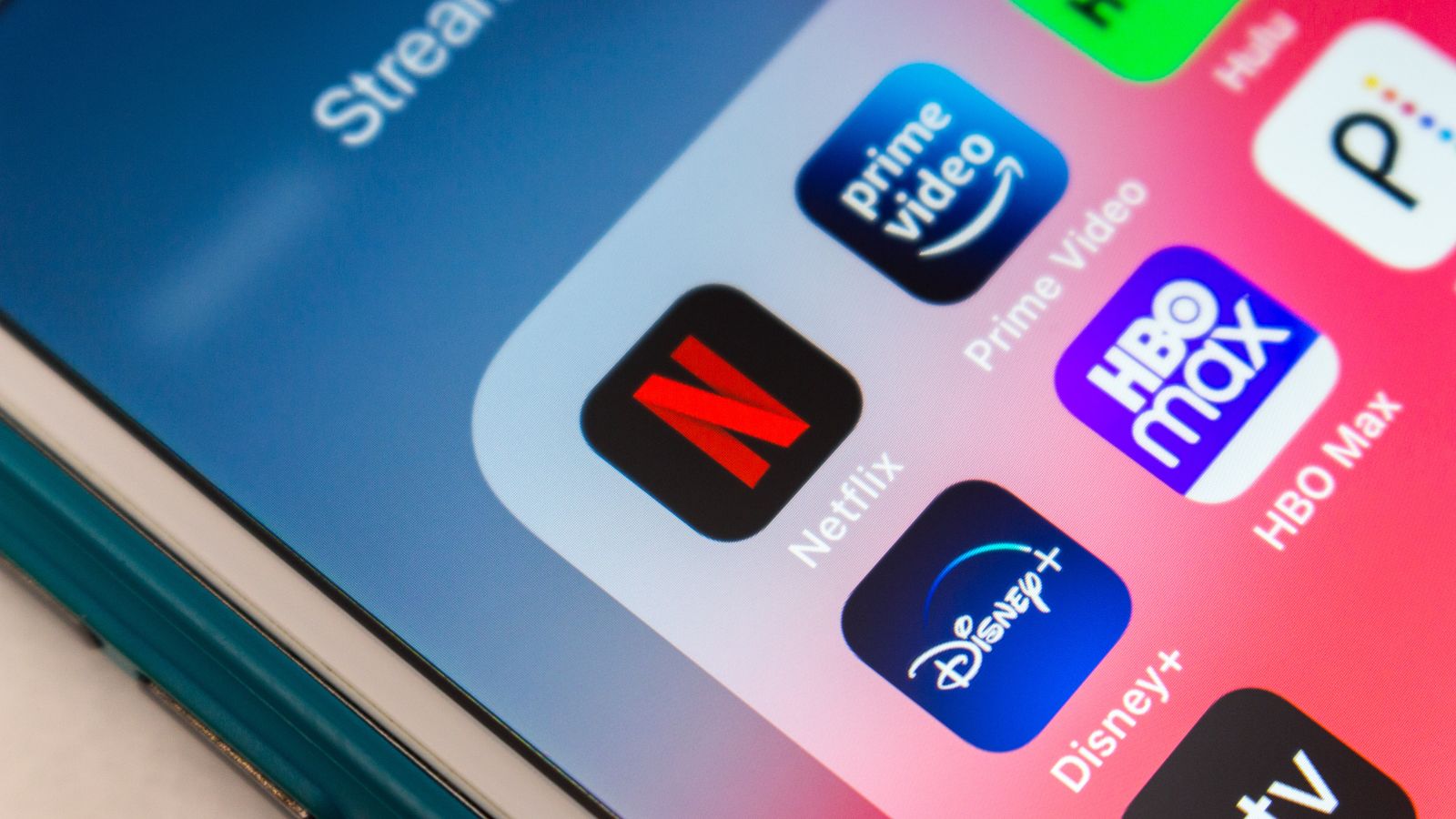
U.S. News writes, “Recurring charges to your credit card can add up quickly, even if they’re small amounts. These recurring credit charges, sometimes known as gray charges, show up on your statement monthly, biannually or annually, often as a result of automatic billing.” Make sure you’re regularly reviewing your card bill, as these charges can accumulate over time.
Gambling and Betting

Putting any gambling or betting charges on your credit card could be the start of a slippery slope. It can lead to large amounts of debt and even cause addictive behaviors you never knew you had. Legal and financial complications can also arise from these charges going on a credit card.
Wedding Expenses

Weddings are a large expense and they can lead to significant debt if they aren’t managed properly. The best thing you can do for your big day is to save and plan ahead to avoid any out-of-the-blue charges. You could also consider a personal loan with lower interest rates, especially as it’s a one-time event.
Utility Bills

Charging routine expenses on your credit card can lead to an unnecessary accumulation of interest, especially if they aren’t paid off each month. It’s easy to overlook the long-term impact of these expenses and how they can affect your debt levels. You may want to use your checking account or debit card to pay for utility bills.
Large Charitable Donations
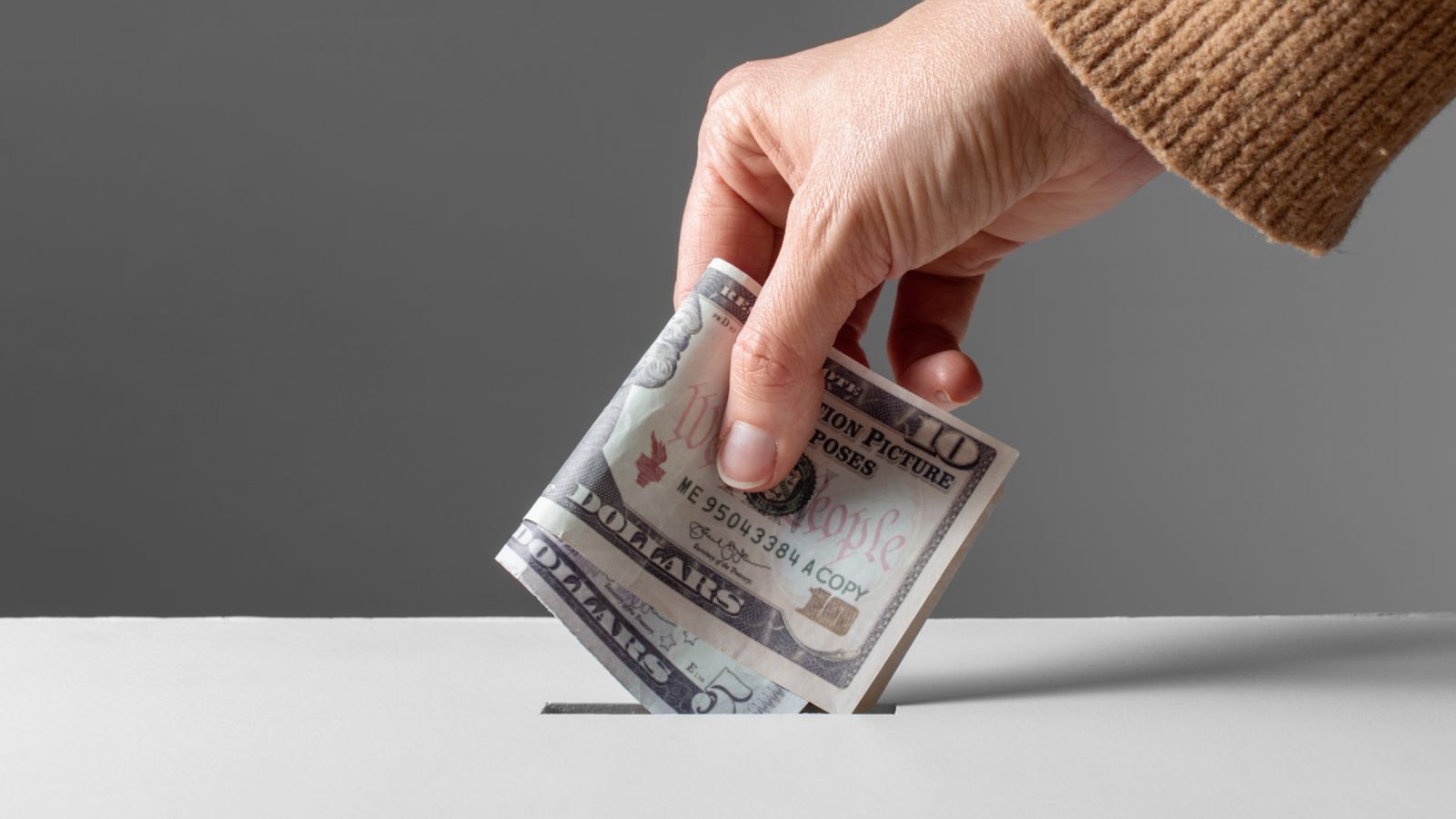
The Motley Fool writes, “When that donation is made with a credit card, you’re not the only winners. The credit card companies are also scoring a win—and they’re probably doing it at the expense of the charity.” Your credit card company may charge fees, so you may want to think about donating directly so your charity receives the full amount.
Expensive Hobbies

Putting expensive hobbies or leisure activities on your credit card can quickly lead to an accumulation of debt. You may want to think about saving for any expensive hobbies or researching whether there are hobby-specific payment options. You can even set aside a fixed budget each month for any expensive hobbies.

